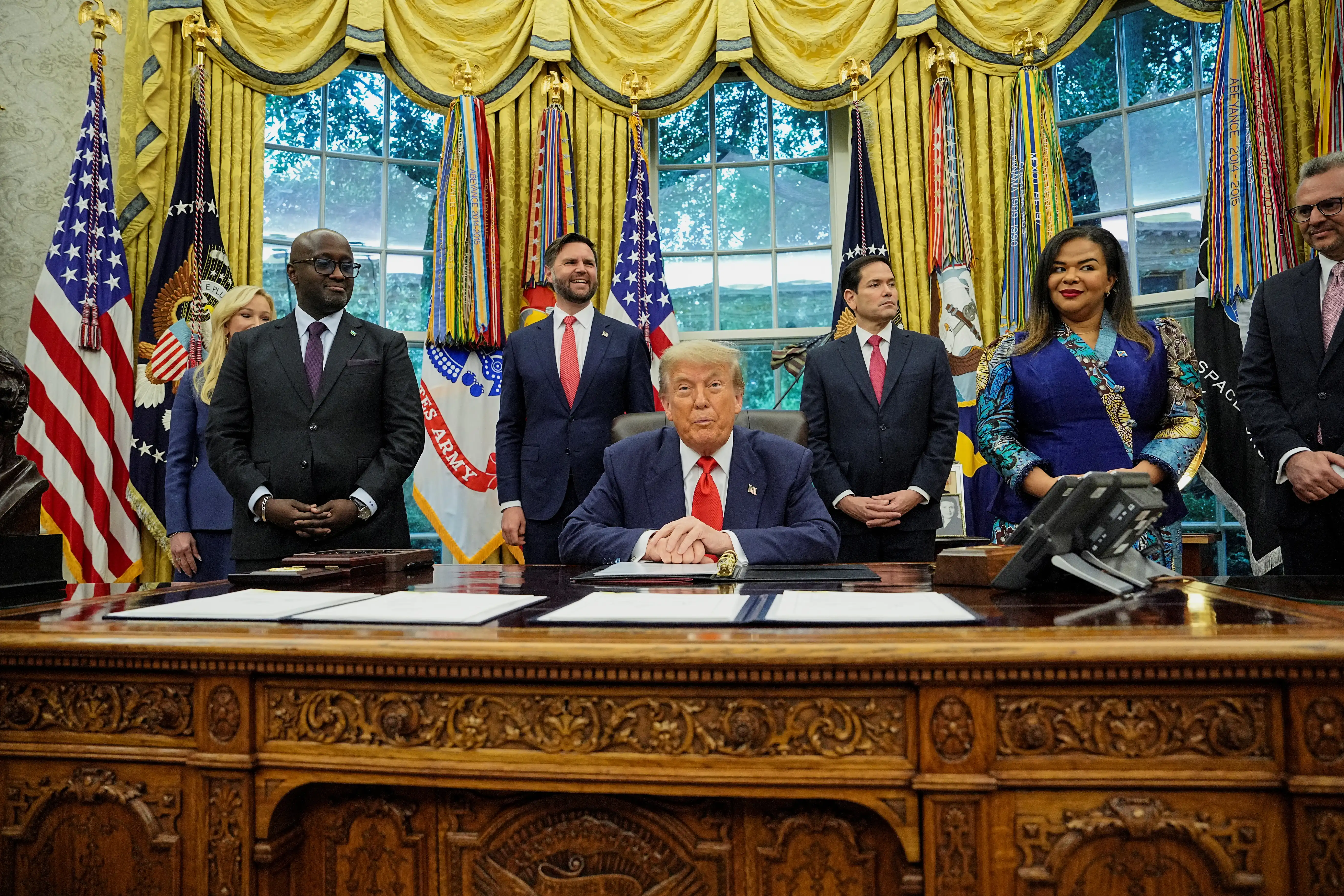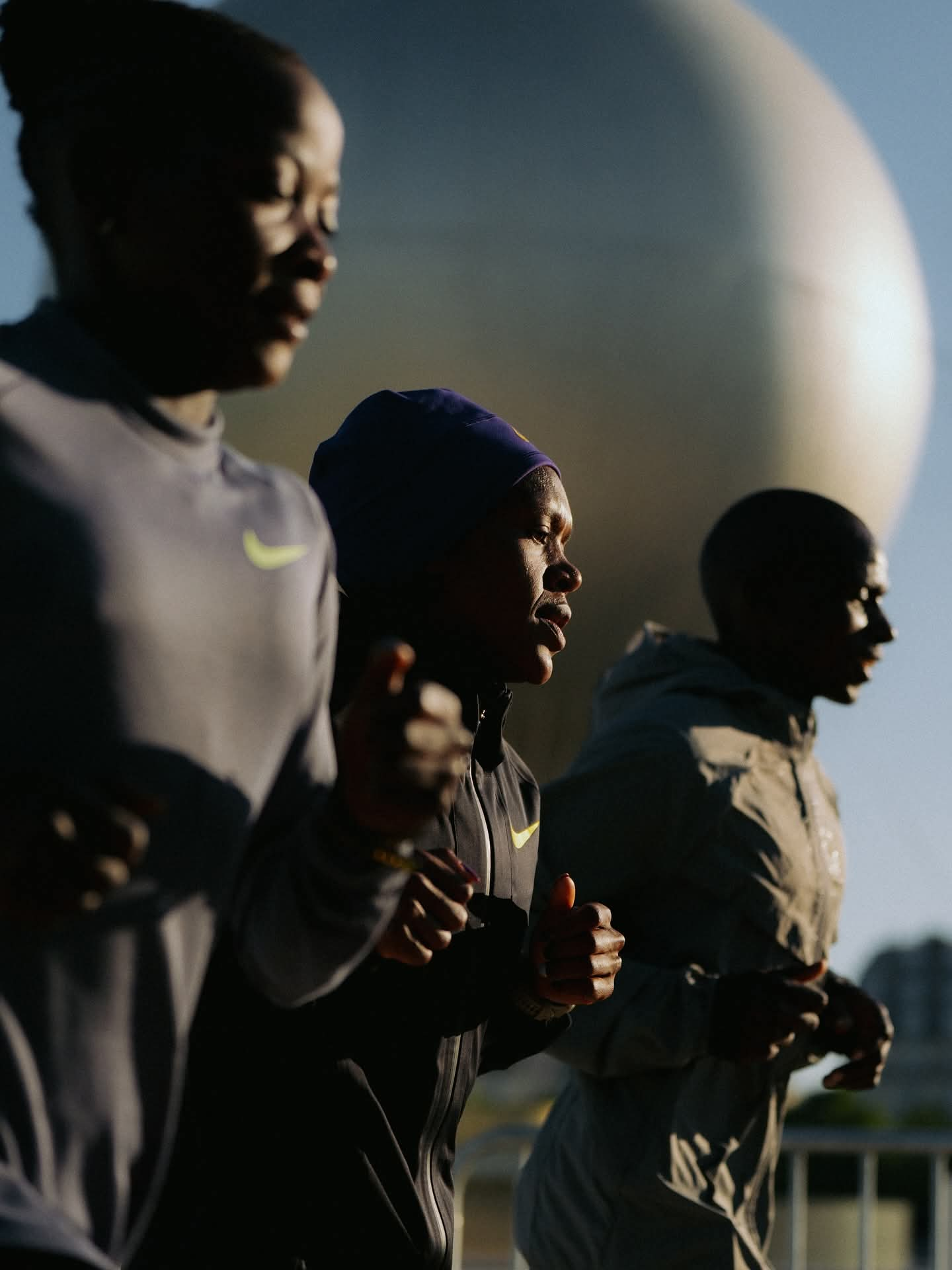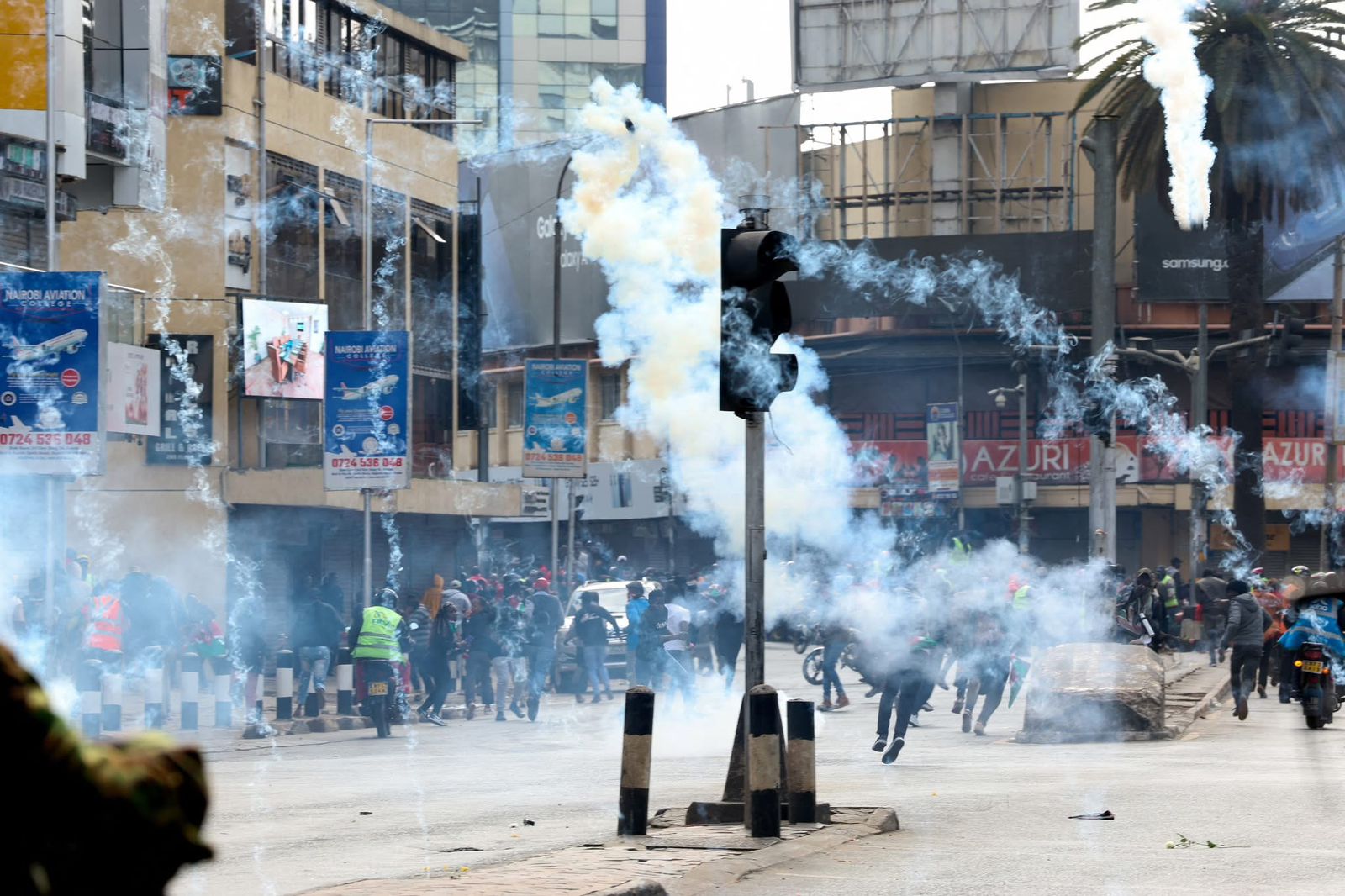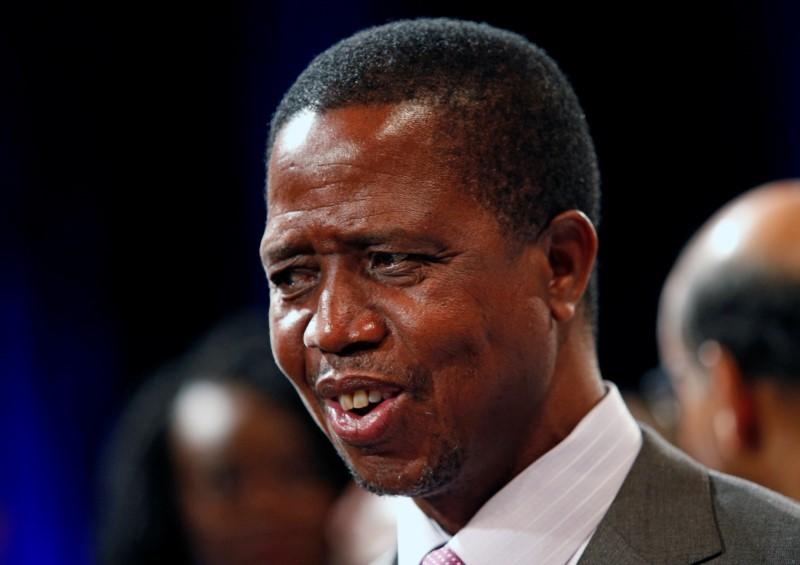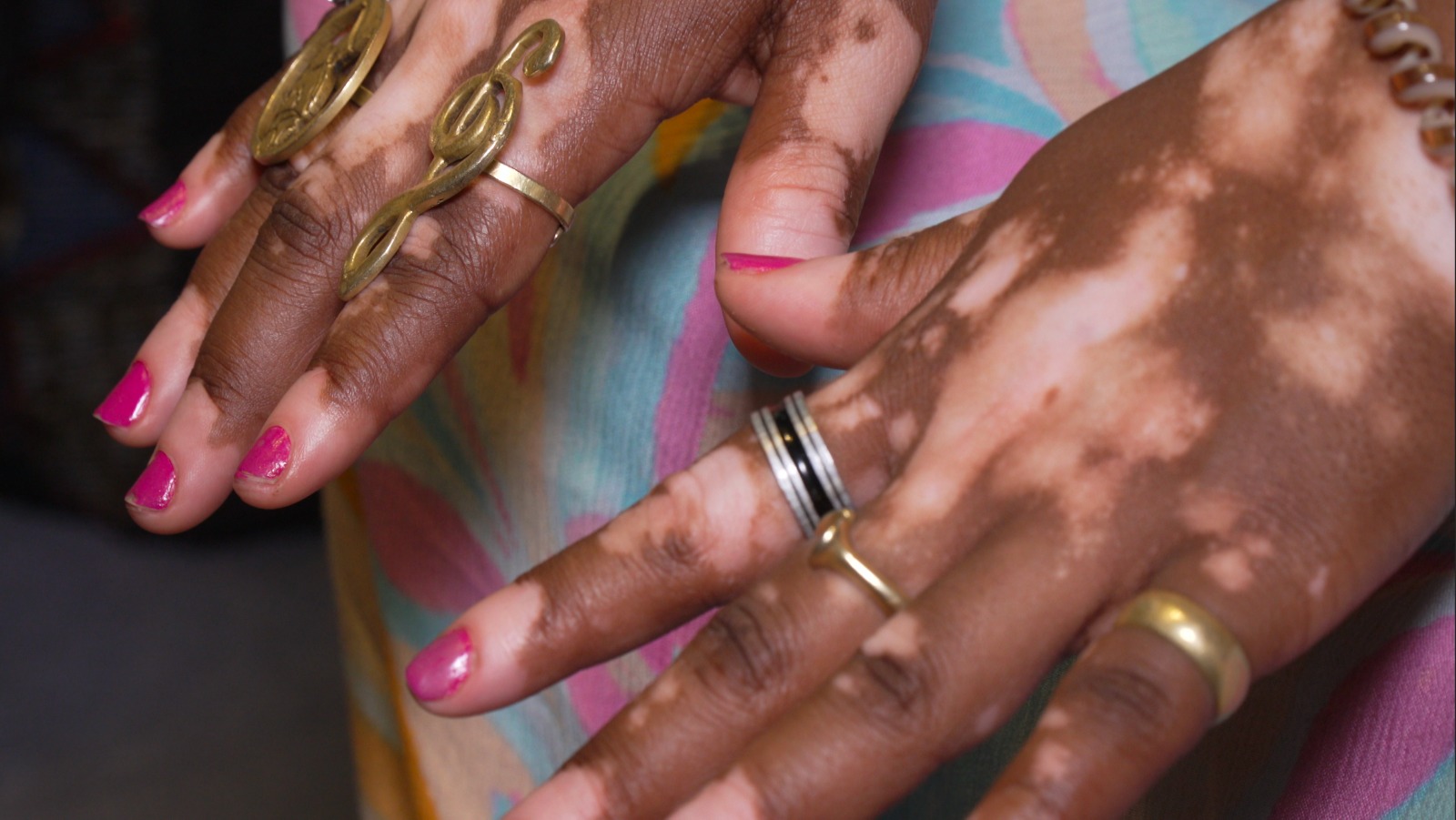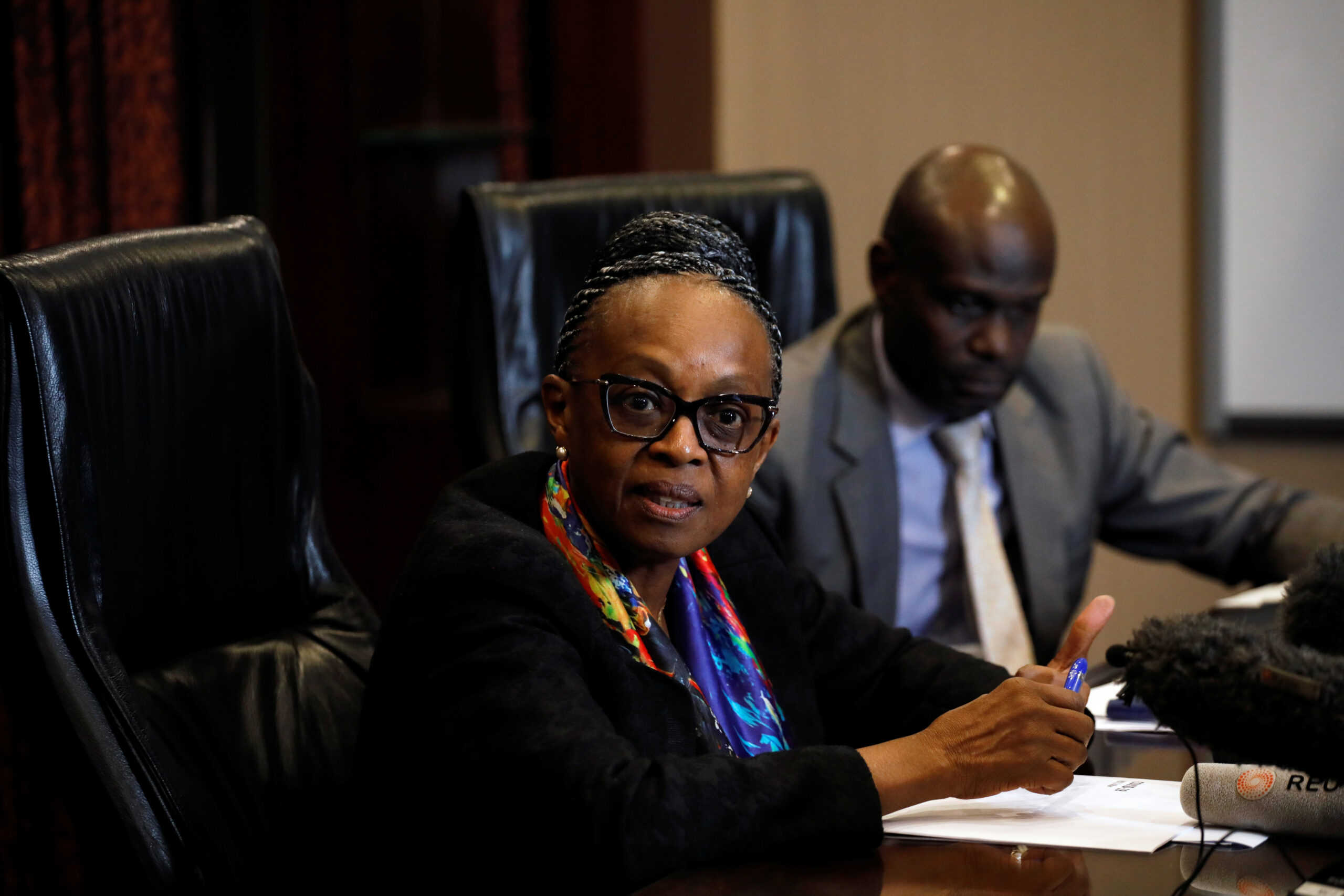
WHO, Africa CDC form committee on COVID-19 traditional medicine research

The World Health Organization and the Africa CDC on Wednesday launched an expert advisory committee to enhance research and development of traditional medicines for COVID-19.
The committee is mandated to offer “independent scientific advice and support to countries on the safety, efficacy and quality of traditional medicine therapies”, according to a statement by the W.H.O.
The committee, which has 25 members, will also support African countries in conducting clinical trials of traditional medicines in compliance with international standards.
“The Regional Expert Committee will start working immediately. Developing a master protocol to guide countries on clinical trials for COVID-19 and setting the agenda to support Member States will be among the initial tasks,” the W.H.O. said.
W.H.O. Regional Director for Africa Matshidiso Moeti said that the launch of the committee marked “an important step” in supporting the use of traditional medicine which has been scientifically tested and proven to fight COVID-19.
“Interest in traditional medicine as potential remedies for COVID-19 is growing in Africa. As the world races to find treatment and vaccines against the virus, research into traditional and orthodox medicines as potential COVID-19 therapy must be grounded in science,” Moeti said.
Africa CDC Director Dr. John Nkengasong remarked that commendable efforts were underway in Africa to find COVID-19 therapies in traditional medicine.
“Rigorous clinical testing to evaluate safety and efficacy will be critical, similar to other areas of medicine,” Nkengasong said.
The committee was formed, in part, as a response to the launch of a traditional remedy in April which Madagascar President Andry Rajoelina claimed could prevent and cure COVID-19.
Covid-Organics is a herbal tonic produced from the artemisia plant – the source of an ingredient which is used in a malaria treatment – and other plants from Madagascar.
Rajoelina went about promoting the tonic despite the lack of clinical trials to determine its efficacy. Even so, some countries such as Equatorial Guinea, Guinea-Bissau, Niger and Tanzania went ahead and ordered consignments of the tonic.
The African Union had previously said that it opened discussions with Madagascar aimed at exploring the safety and efficiency of the herbal remedy. The technical data was expected to be reviewed by the Africa CDC.
While the W.H.O. was clear that it was against the use of measures not scientifically-proven, it welcomed innovations, such as repurposing drugs, traditional medicines and developing new therapies, in the search for potential treatments for COVID-19.


